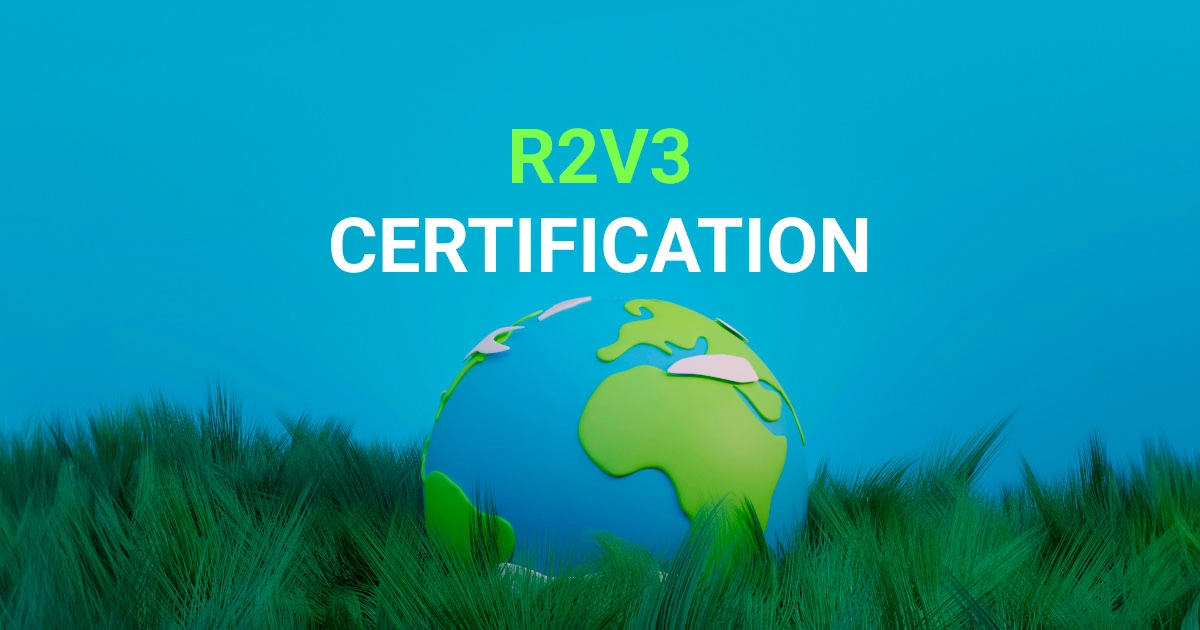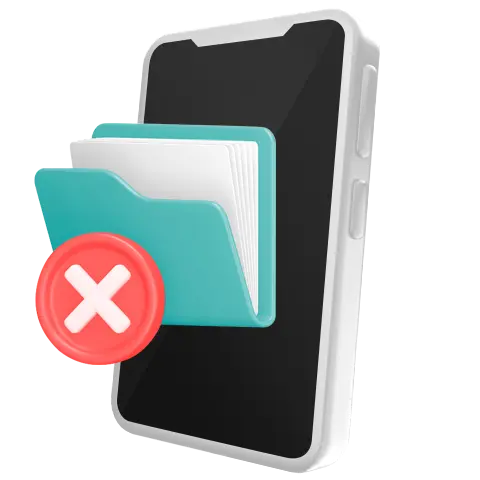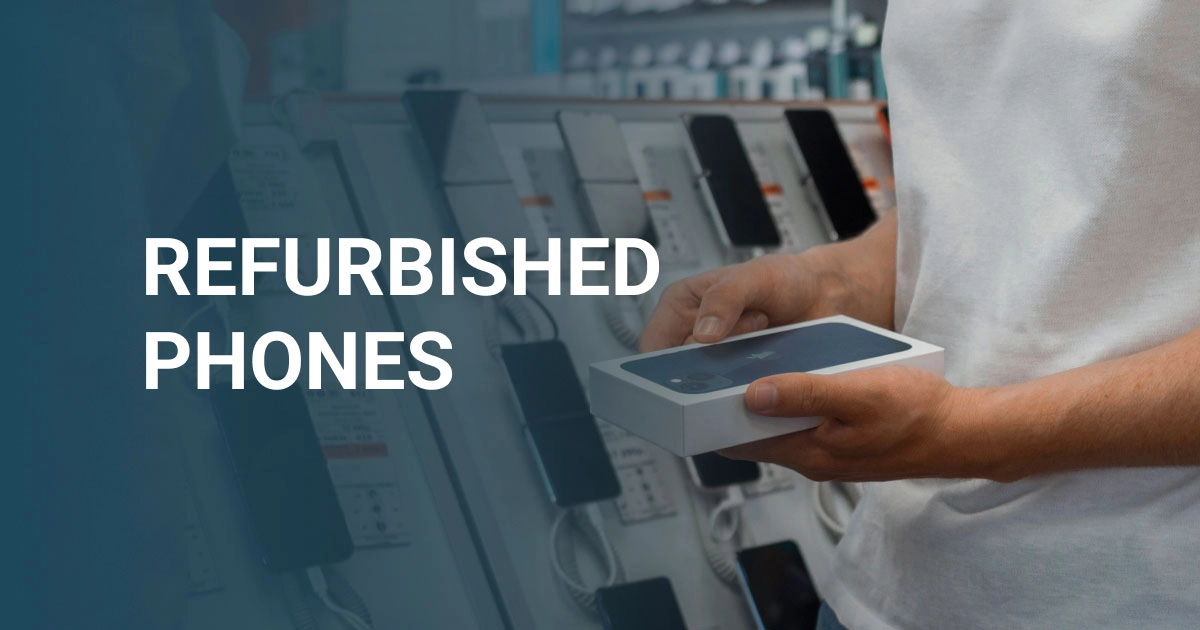Responsible Recycling, or R2, certification is one of the most commonly adopted recycling standards. It is constantly evolving, addressing issues arising in the industry and providing the most up-to-date solutions to protect the environment. Today, we are exploring the latest version of the R2 standard, R2v3, and discussing whether it is a good choice for electronic waste recycling businesses.
What Is an R2 Certification?
R2 is the leading certification for responsible e-waste recycling and one of two accredited guidelines on par with the e-Stewards standard. The Responsible Recycling certification was developed by Sustainable Electronics Recycling International (SERI), a multi-stakeholder non-profit organization, with involvement from the US Environmental Protection Agency (EPA). The original version, R2 Practices, was published in 2008.
What Are the Principles of R2 Certification?
SERI's activities aim to support the circular economy of electronic equipment and solve the e-waste problem. To reach this goal, it is crucial to implement a wide range of sustainable practices, including creating green jobs and safe workplaces, caring about public health, protecting personal data, etc.
While SERI's activities cover a broad scope, the core principles of R2 certification are the following:
- The guidelines not only protect environmental health and safety but also make business sense. This approach ensures long-term prospects of e-waste recycling.
- The certification is flexible and can fit various enterprises worldwide. Due to domestic and international laws, different company sizes, and other factors, universal guidelines face difficulties, whereas adaptable ones are effective and widely adopted globally.
- R2 certification provides a comprehensive approach focusing on the recycling chain as a whole. Researching the aspects of the process is crucial for creating appropriate solutions.
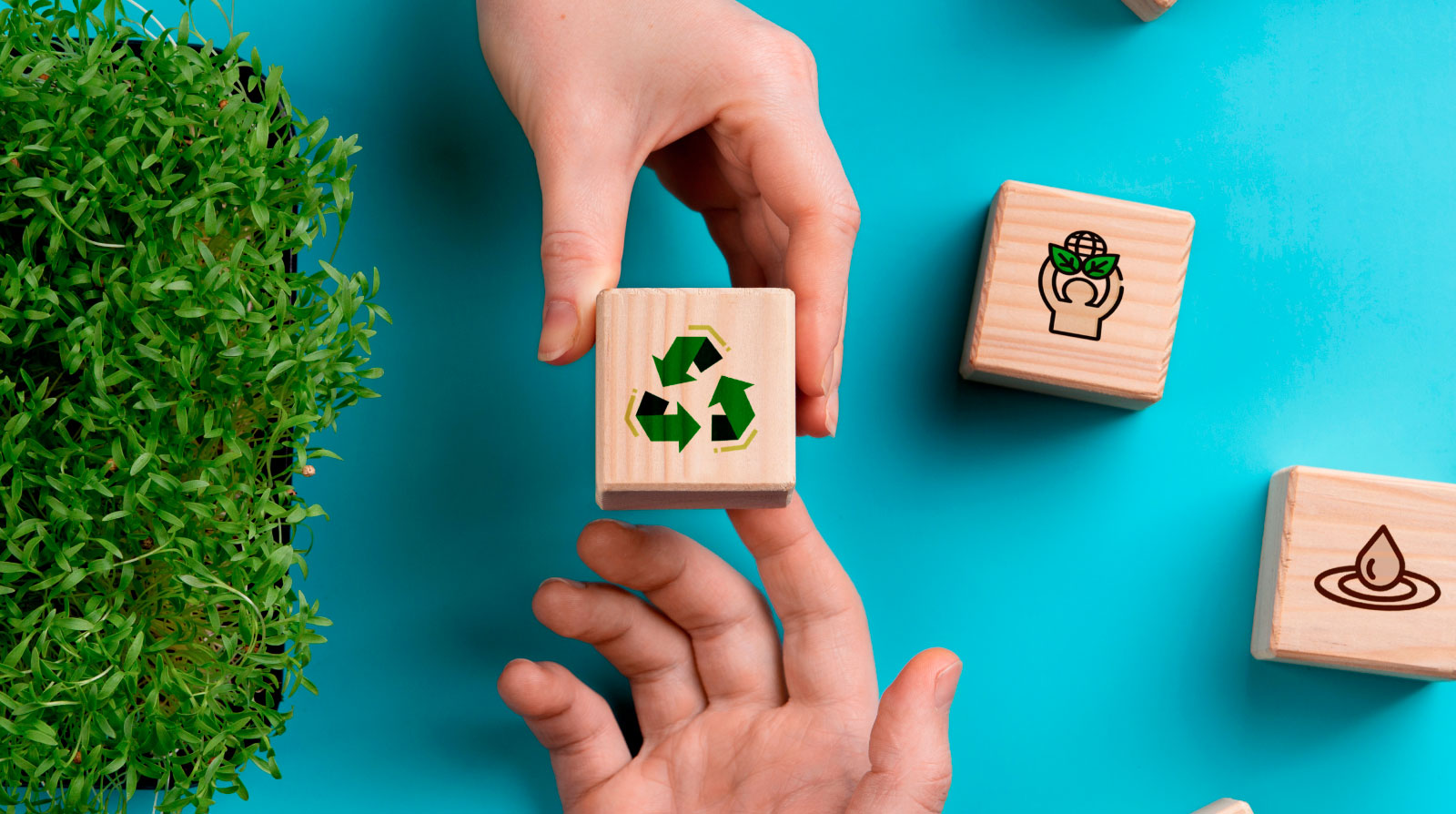
The Evolution of R2 Certification
Since 2008, the certification has been constantly evolving: two updates, in 2013 and 2020, have been published. Each update improved the shortcomings of the previous version and introduced new sustainable practices. Let's examine the differences between the three R2 versions.
R2:2008, or R2v1
The initial publication stated the key guidelines for responsible recycling and reusing electronic waste, managing toxic materials, and protecting personal data and human health. The standard primarily suggested a unified approach to the recycling process but lacked specific adaptability for different types of facilities.
R2:2013, or R2v2
The second update enhanced the certification by focusing on the secure destruction of sensitive data, stricter environmental protection requirements, and broadening the applicability of recycling guidelines to an international scale. The updates were largely based on feedback from stakeholders and R2-certified companies.
R2:2020, or R2v3
Seven years later, after the major revision, R2v3 certification was created. It introduced the modular approach to address the different aspects of electronics recycling, refurbishing, and reuse. Additionally, R2v3 certification has further developed the standards for data erasure, environmental and social responsibility, and quality management systems to keep up with the industry's development. One more thing that was updated was the process of obtaining the certification. It was streamlined and made more structured.
Why Should You Implement the R2v3 Certification?
The R2v3 standard is a comprehensive guideline for businesses and non-profit organizations that work in used electronics recycling, refurbishing, and reuse industries. The certification provides a comprehensive framework for managing pre-owned electronic devices and promotes the circular economy, benefiting the environment, society, and the companies involved.
The first and major advantage of R2v3 certification is its role in reducing negative environmental impact. Following the guidelines ensures sustainable and effective recycling of electronics equipment, responsible management of hazardous materials, and reduced extraction of natural resources. R2v3 certification aligns with principles of ethical development and can help you find clients who share your values.
Moreover, the R2v3 standard mandates data security and irrecoverable destruction of sensitive information. According to the standard, facilities must implement solutions that ensure automated data sanitization and maintain thorough records of the process and results. R2v3-certified organizations must collect information on data erasure activities, including data about the device (manufacturer, model, IMEI, etc.), the software and method used to destroy data, and the verification results, etc.
Overall, the R2v3 certification benefits for businesses are the following: It encourages companies to reuse and recycle electronic equipment and its components, emphasizes data security, complies with international laws, minimizes liability, and supports responsible management strategies.
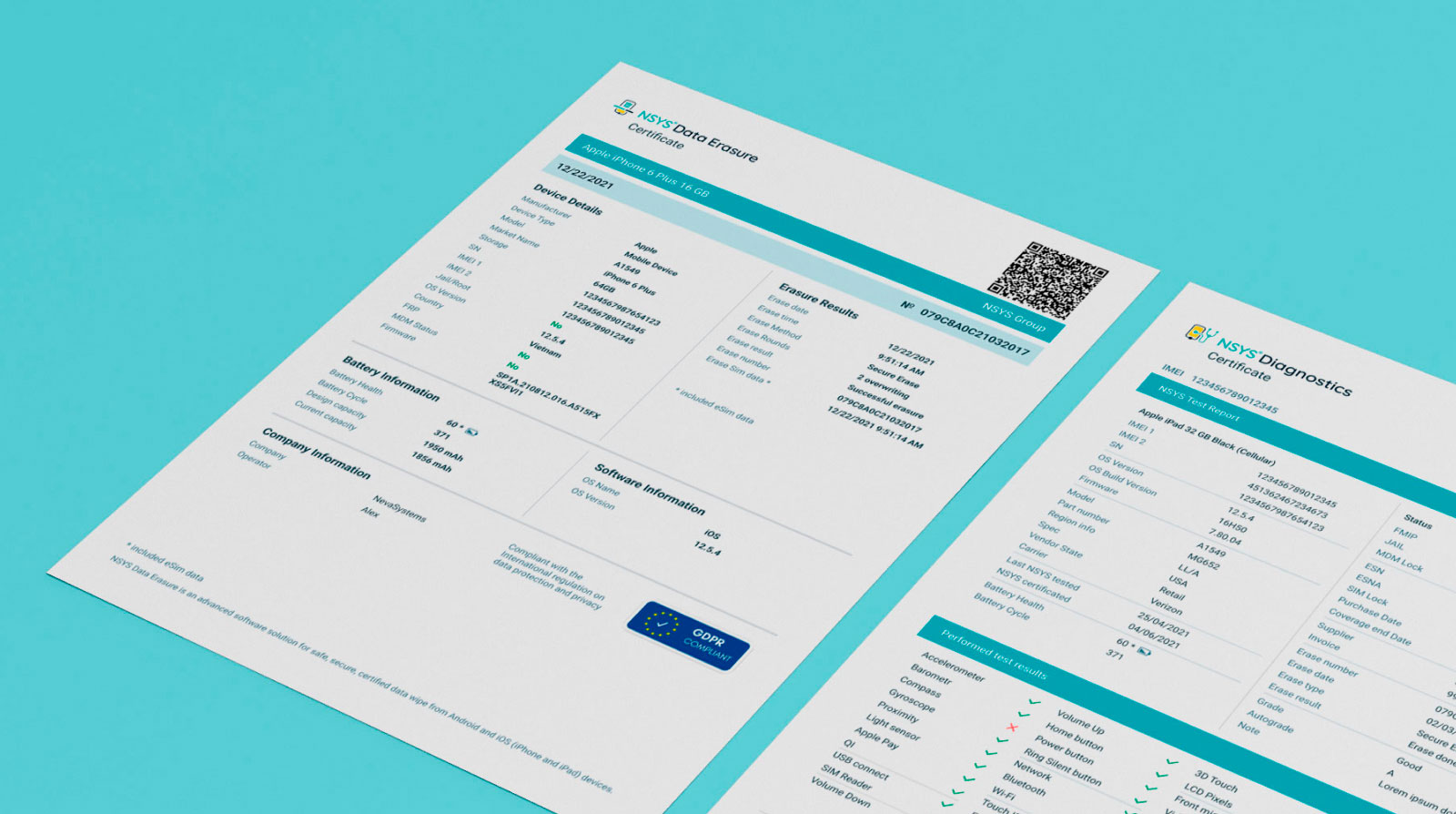
How to Ensure Secure Data Erasure in Compliance with the R2v3 Certification?
The preferred way to destroy data from used electronics is to use software that will automate the process and provide consistent and verifiable results. Consider implementing the NSYS Data Erasure solution, which wipes data in accordance with international standards and regulations such as ADISA, NIST, and GDPR.
NSYS Data Erasure provides a detailed report for each sanitized device, verifying the sanitization results. Moreover, it streamlines the process, as you can connect up to 60 devices to one computer.
The solution complies with R2v3 stringent requirements and supports used device businesses on their green journey. Click the button below to arrange a demo!


